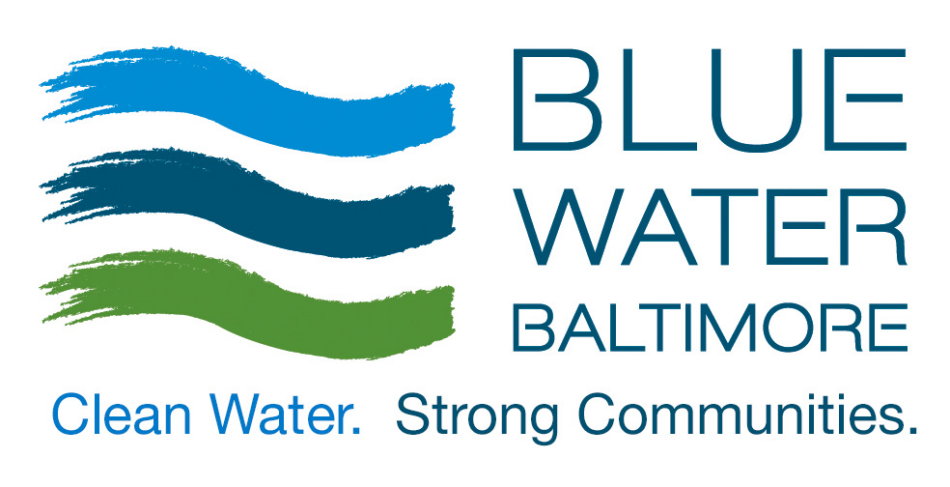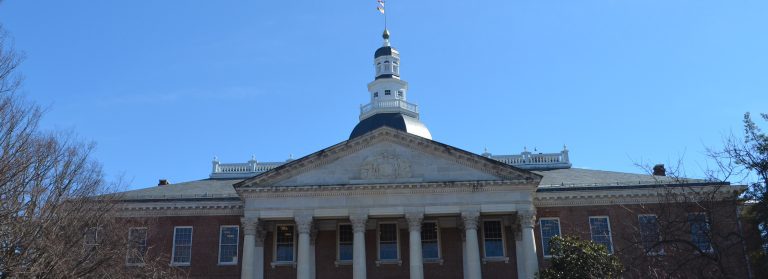BWB and CBF: Court Decision is a Loss For Clean Water
MARYLAND STORMWATER PERMITS CONTINUE TO FALL SHORT FOR BALTIMORE COMMUNITIES AND THE BAY’S RESILIENCY AGAINST CLIMATE CHANGE
Yesterday’s decision by the Appellate Court of Maryland affirming Baltimore stormwater permits is a loss for clean water. The court’s response stems from a 2021 lawsuit and petition for judicial review brought by the Chesapeake Bay Foundation (CBF) and Blue Water Baltimore (BWB) that challenged the Maryland Department of the Environment (MDE)’s Municipal Separate Storm Sewer System (MS4) permits for Baltimore City and Baltimore County.
MS4 permits are intended to improve stormwater management and reduce pollution. However, after review by BWB, CBF, and others, the groups contended that the permits do not sufficiently ensure that urban and suburban pollution is reduced.
The permits allow Baltimore City and County to rely on short-sighted, ineffective solutions. While practices such as street sweeping and certain stream restoration projects nominally meet MDE’s water quality requirements, they do little to reduce flooding and polluted runoff. The permits also do not address the increasing frequency and severity of rainfall and severe weather from climate change. The flooding that occurs during these events is disproportionately harming vulnerable communities that are most directly impacted by flooding and overflows of polluted stormwater.
“These permits shortchange Baltimore residents suffering from flooding and don’t do enough to prevent polluted runoff to local waterways,” said CBF’s Environmental Justice Staff Attorney Taylor Lilley.
“Urban and suburban stormwater runoff is the only major source of pollution that is continuing to increase. When the government’s goal is to meet permit requirements—not reduce pollution and flooding—the residents bear the financial burden of flooded streets and homes.”
“We’re deeply disappointed with the court’s decision, because it keeps the financial burden of poor stormwater management squarely on the shoulders of those who can least afford it,” said Alice Volpitta, Baltimore Harbor Waterkeeper with Blue Water Baltimore. “Baltimore residents deserve cleaner waterways, less inland flooding, and fewer sewage backups into their homes. We’ll continue our work with communities and agencies to achieve those goals, in spite of this weak permit.”
In December 2021, CBF and BWB filed petitions in the Circuit Courts for Baltimore City and Baltimore County seeking review of these MS4 permits. Hearings on the merits were held, but both courts affirmed the MS4 permits and denied our request for the permits to be remanded back to MDE for further consideration. CBF and BWB appealed these decisions to the Appellate Court of Maryland and the two cases were consolidated. Arguments were heard in October 2023.
“MS4 permits are the only mechanism that Maryland currently has to address urban stormwater pollution, a sector in which Maryland is falling behind. Updated every five years, today’s permits only require that the mechanisms be effective enough to deal with a one-inch storm event, which is nowhere near our current reality due to the changing climate,” said CBF Maryland Executive Director Allison Colden.
“Recent flooding events in the Wyndhurst neighborhood near Stony Run and the Ednor Gardens/Lakeside neighborhood have demonstrated the real-world impacts these events have on our communities,” Colden said. “Maryland residents deserve better than the repeated flooding, poor water quality, and long-term impacts that will result under these permits.”


